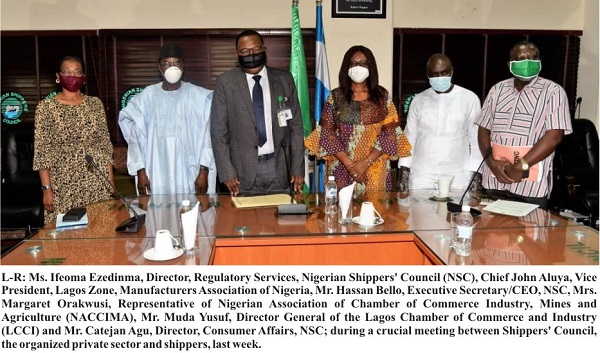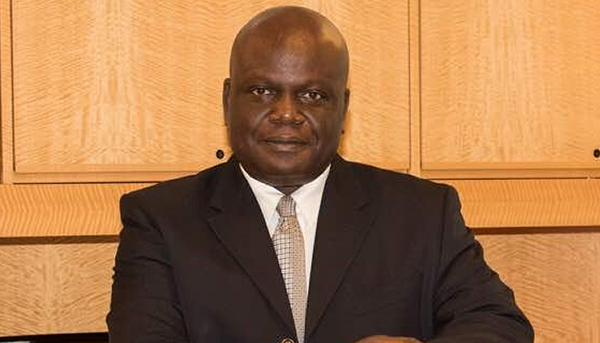Labinjo Identifies Corruption As The Problem of Shipping Development

The enbattled President of Nigerian Shipowners Association (NISA), Capt. Dada Labinjo has identified corruption and lack of political will as the crux of the problem of the shipping industry.
According to him, “there are so many foreign vessels in our territorial waters and the Nigerian Maritime Administration and safety Agency (NIMASA), has denied granting waivers to these foreign ships rather they are saying that these vessels applied for waivers and receipts issued to them is what they have been working with.
“There is nowhere in the world that after applying for waiver you will be permitted to use the waiver receipt to work, that is not waiver, that is corruption and NIMASA with Nigerian Ports Authority (NPA), stand by and watch these foreign vessels go in and out of Nigerian waters taking jobs that are meant for indigenous development without doing a single thing.” He lamented.
Capt. Labinjo asserted that another reason why NISA is still battling with shipping development and why the Cabotage Act has not attained its full potential after 13years is because they have not received the necessary attention from the government.
He stated that what was required from the Nigerian government is to reserve exclusively for Nigerian shipowners the lighterage of the1.8 billion litres of imported petroleum products and in addition this will create 500,000 jobs for Nigerian youths.
He said “the essence of the Cabotage Vessel Financing Fund (CVFF), which has been generated over the years from the 2 percent contributed by shipowners, is to aid ship acquisition.
“However, several billions that has been contributed into that fund has not benefited anybody. Although
NIMASA has denied the depletion of the funds documentation has shown that more than N4 billion if not all the money has been depleted.
“NIMASA claims that it used part of the money to train cadets, the CVFF as provided in the Cabotage Act does not include training cadets or building infrastructures like universities and ship yards, it is for acquiring ships to develop indigenous capacity.” He said.







